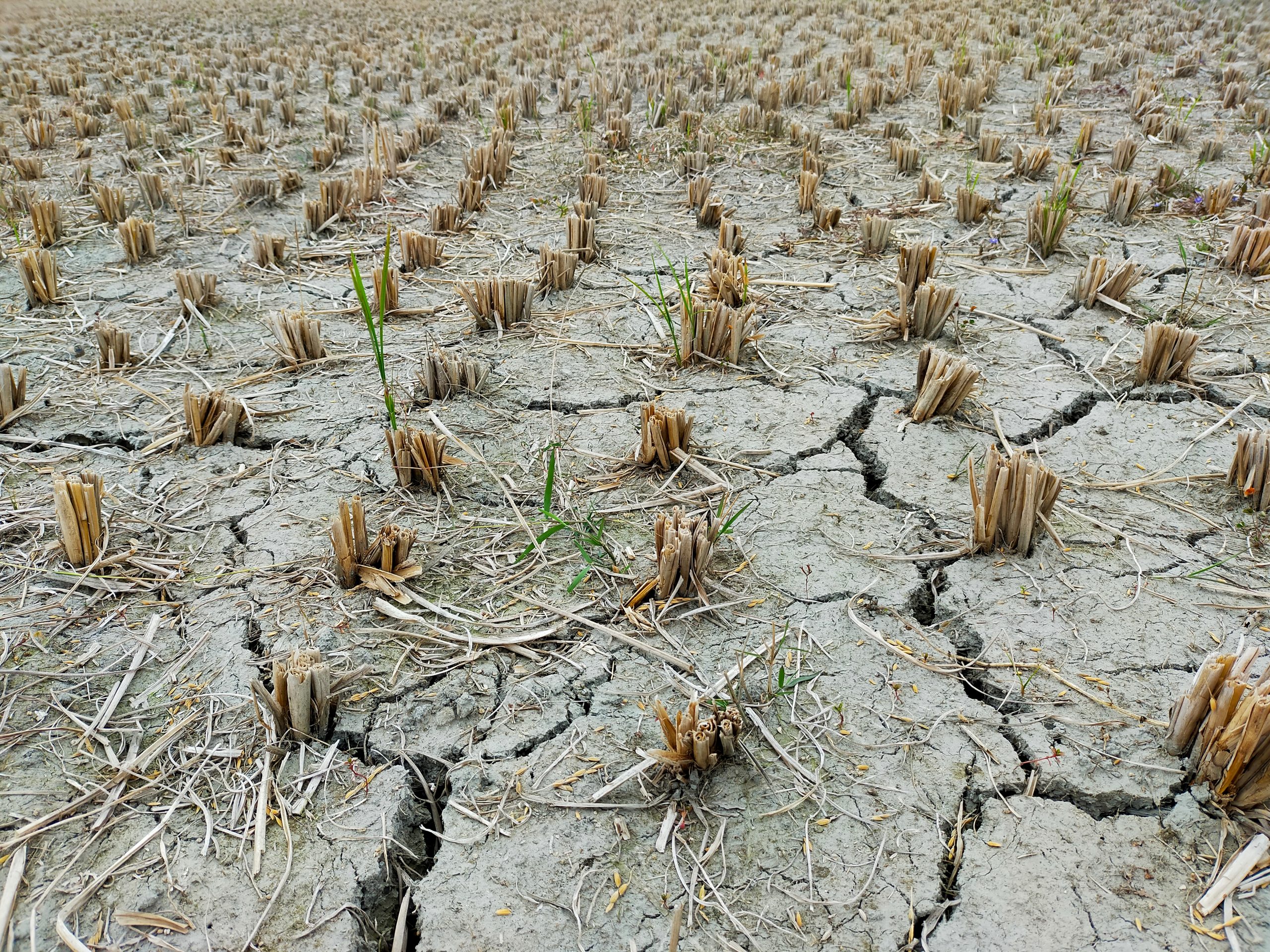The Total History of the Bengal Famine of 1769-70
Monish Borah
History
UC Irvine
This dissertation concerns the Bengal famine of 1769-70, the deadliest famine in Indian history, which resulted in the deaths of approximately ten million individuals. Bengal was one of the richest regions in the world in the mid-eighteenth century. The question that I am trying to answer through my research is, how could such a rich and prosperous region like Bengal face so much devastation because of the famine of 1769-70? The famine not only had a deep impact on Bengal and Indian history but, as my dissertation shows, led to the global financial crisis of 1772 and convinced the contemporary North American Revolutionaries about the righteousness of their anti-tax movement. The dissertation also looks at how the environmental changes, more specifically changes in the riverine system and forests, played a role in the famine. Lastly, this dissertation shows how the famine shaped our understanding of what it means to live in a capitalist society. Ideas around the free market economy, government bailouts of failing corporations, and corporate social responsibility can all trace their origin to the famine.

